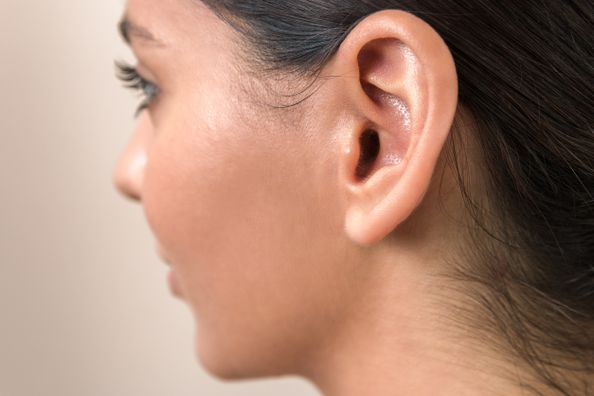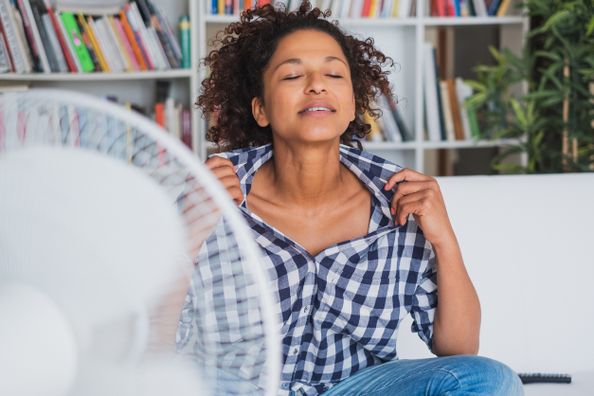
Stop Putting Cotton Swabs In Your Ear! How to Remove Earwax Safely
By Tanja Samardzija, PA
Earwax is a key part of keeping your ears healthy, but build up can be annoying or even painful. Learn how you can remove earwax safely.

Earwax is a key part of keeping your ears healthy, but build up can be annoying or even painful. Learn how you can remove earwax safely.

During the coldest period of the year, you are at greater risk for different winter injuries, and health conditions than at other times during the year. One aspect of your health you may want to take into consideration is how much vitamin D you’re getting.

This winter, focus on safety to prevent injuries by paying attention to these 4 different parts of your body.

Many holiday activities can cause back pain or discomfort. This winter, be aware of these potential back pain triggers so you can avoid back discomfort.

As you prepare to select the right health insurance plan for you, there are a few things you should know before making that big decision.

While warmer temperatures can be relaxing, they can also be deadly. Here’s how heat affects your heart — and some sun safety tips to practice this summer.

Mosquito bites are itchy and annoying. Here’s how to avoid them, and when it may be time to visit one of our Immediate Care locations.

People love riding bikes because it’s a great way to get exercise; it has low-impact on your joints as you rotate your legs thousands of times during a typical ride. But small issues with your biking technique can cause big problems over time, including knee pain, the most common lower body injury in the sport.

The endocrine system secretes 50 different hormones throughout your body and each plays a vital role in maintaining homeostasis, or stable body functions. The following are five hormones and the most common imbalances in both men and women.

Exposure to various sounds can affect your hearing and cause damage, including temporary or permanent hearing loss, depending on how loud the noise is and the length of time you are exposed to it. Noise-related hearing loss is common, affecting nearly 15 percent of adults in the United States (U.S.).